Question And Answer
Publications
Articles, publications, books, tools and multimedia features from the U.S. Institute of Peace provide the latest news, analysis, research findings, practitioner guides and reports, all related to the conflict zones and issues that are at the center of the Institute’s work to prevent and reduce violent conflict.

Event Extra: Rethinking War Amid the Dire Global Food Crisis
Russia’s war in Ukraine has deepened a global food crisis that has left hundreds of millions facing acute hunger. Beyond the humanitarian challenges this crisis presents, it could stoke violence and conflict in fragile regions. U.N. World Food Program Chief Economist Arif Husain discusses the state of global hunger, why it’s vital that we rethink our response to conflict and what can be done in the immediate to stave off the worst.
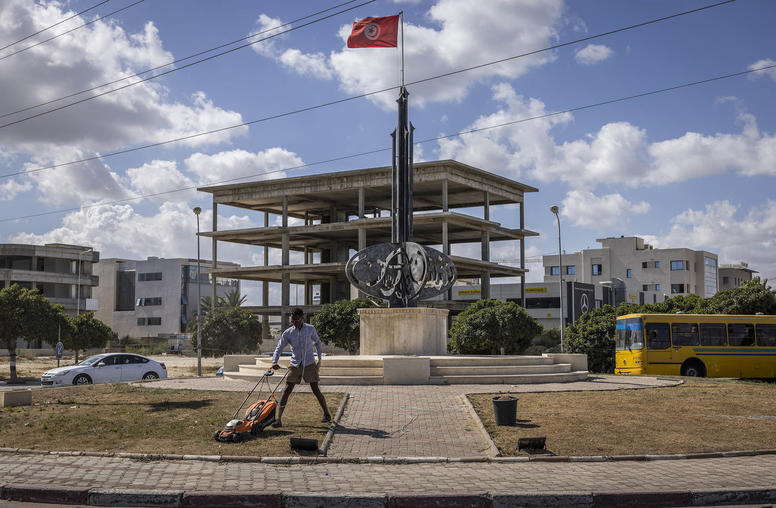
Tunisia's Twin Democracy and Economic Crises Push it to the Brink
Last July, Tunisian President Kais Saied suspended parliament in what many observers called a bloodless coup. Saied’s supporters — of which there are many — claim that this extreme executive action was necessary to root out rampant government corruption and ineffectiveness. Polling at the time showed widespread dissatisfaction with the performance of parliament and the prime minister; many Tunisians felt that their high expectations following the 2011 popular revolution were not realized and that the country was heading in the wrong direction.
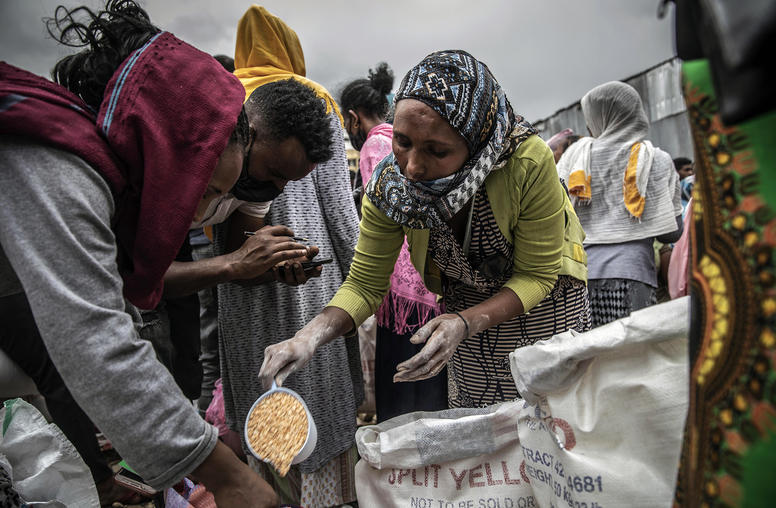
In Africa, Putin’s War on Ukraine Drives Food, Fuel and Finance Crises
Vladimir Putin’s unprovoked war on Ukraine has unleashed a wave of destruction and atrocities against its brave people. But the suffering and instability are not contained to Europe. Indeed, a continent away, Putin’s war has unleashed a “three-headed hydra” of food, energy and finance shortages in Africa, further threatening vulnerable Africans and putting dozens of countries at risk of default. Recognizing the need to tackle food insecurity, the Group of Seven (G-7) countries pledged billions more in assistance this week. But will it be enough given the severity of these challenges?
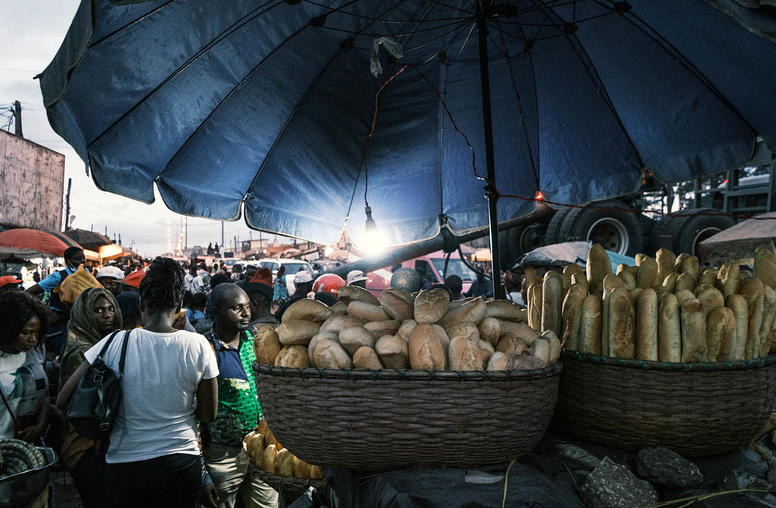
Russia’s War in Ukraine Is Taking a Toll on Africa
Russia’s war in Ukraine has disrupted Africa’s promising recovery from the COVID-19 pandemic by raising food and fuel prices, disrupting trade of goods and services, tightening the fiscal space, constraining green transitions and reducing the flow of development finance in the continent, said United Nations Assistant Secretary-General Ahunna Eziakonwa.
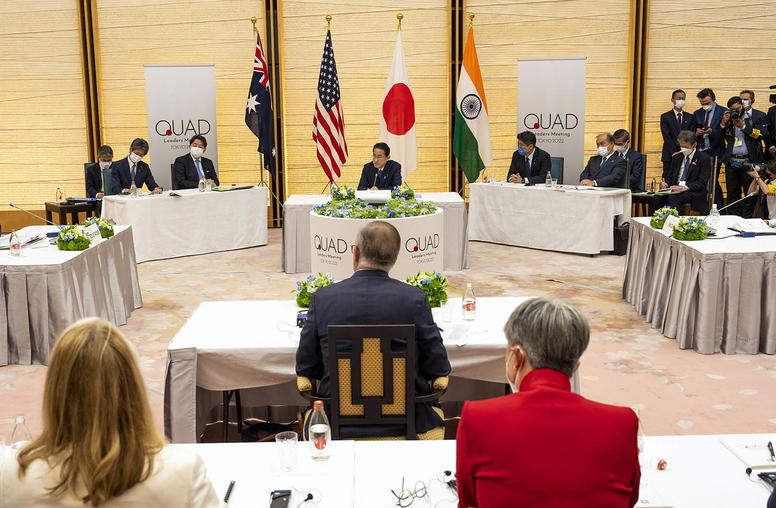
Amid Ukraine War, U.S. Signals the Indo-Pacific is a Vital Priority
While the Ukraine war continues to dominate policymakers’ attention, the Biden administration has engaged in a series of diplomatic initiatives with allies and partners across the Indo-Pacific region over the course of the last two months. The message is clear: Washington sees the Indo-Pacific as the world’s principal geostrategic region, with a host of challenges to meet — like competition with China and climate change — and opportunities to seize, particularly related to technology and the economy.
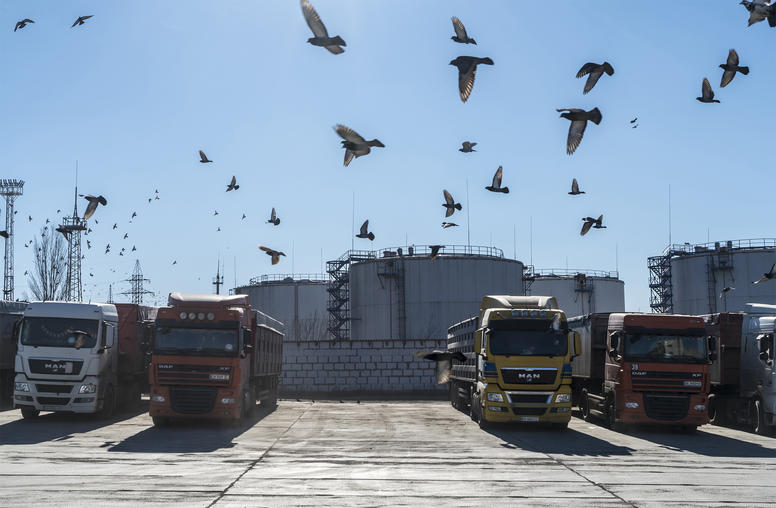
The Ukraine War is Deepening Global Food Insecurity — What Can Be Done?
Even before Russia invaded Ukraine, the global economy was suffering from the repercussions of several man-made conflicts, climate shocks, COVID-19 and rising costs — with devastating consequences for poor people in low-income and developing countries. The war in Ukraine — a major “breadbasket” for the world — is deepening these challenges on an unprecedented scale. In the immediate, swift and bold action is required by both wealthy and low-income nations to avert further humanitarian and economic catastrophe.
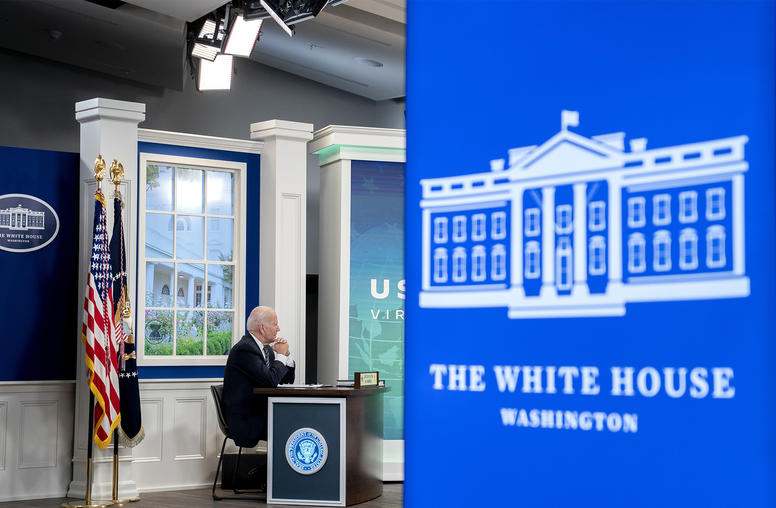
U.S.-ASEAN Summit Focused on Building Ties, Not Countering China
President Joe Biden attends a virtual U.S.-ASEAN Summit meeting, from the South Court Auditorium of the Eisenhower Executive Office Building on the White House grounds in Washington on Tuesday, Oct. 26, 2021. (Stefani Reynolds/The New York Times)
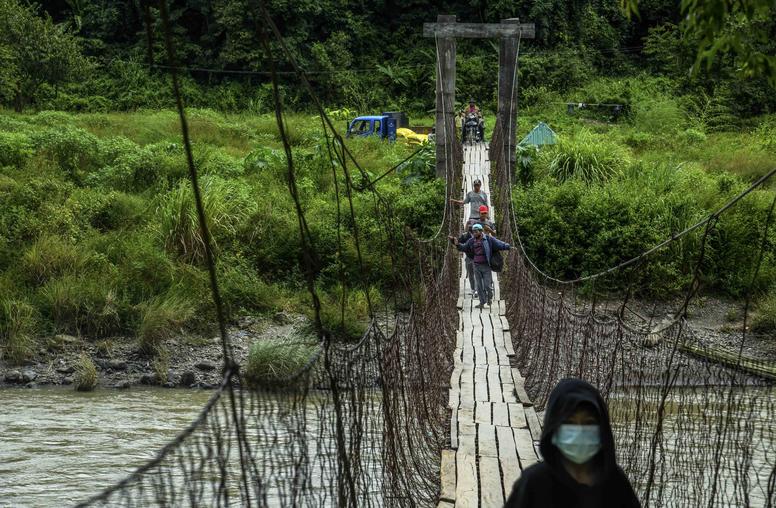
Over a Year Later, Myanmar’s Military Coup Threatens India’s National Security
The conflict in Myanmar triggered by the February 1, 2021, military coup that toppled the democratically elected government has not only become a disaster for Myanmar, but also for countries across the region. China’s response has received considerable international attention, as has the struggle within the Association of Southeast Asian Nations (ASEAN) to forge a resolution to the conflict. The impact on Myanmar’s western neighbors, however, has largely gone unexamined — with the exception of analysis of the consequences for Rohingya refugees, who are indefinitely stranded in Bangladesh with no chance of safely returning to Myanmar under this military regime.

Africa’s Key to Peace and Stability? A ‘Mighty Private Sector,’ Elumelu Says
Tony Elumelu, one of Africa’s leading investors and philanthropists, recently brought his message to USIP: For Africa, a strong private sector, spurred by entrepreneurs, is critical to advancing peace, stability and development. While promoting business formation is no substitute for strengthening Africa’s weak infrastructure, governance and institutions, neither are challenging business conditions a reason to delay unleashing the entrepreneurial energies of African youth, Elumelu said.
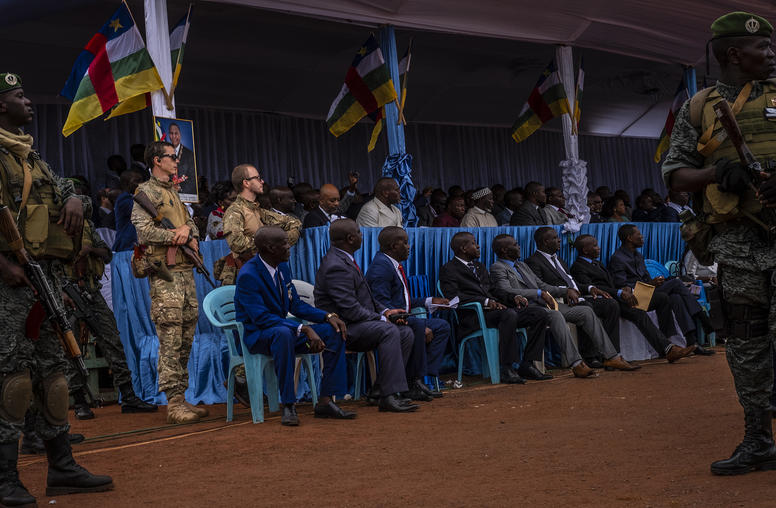
What Russia's Invasion of Ukraine Means for African Governments
As Russia’s war in Ukraine advances into its second month, the conflict’s effects continue to ripple across the world. In Africa, the conflict is upending long-term trends across the continent and eliciting mixed reactions from governments. As increased sanctions push the Kremlin to further explore relationships with countries outside of Europe and the United States, African countries are currently left with impending shortages in food and financing for energy projects. While some see this as an opportunity to build economic capacity from within the continent, others have opened the door for the Russian government to re-shape its approach toward Africa.